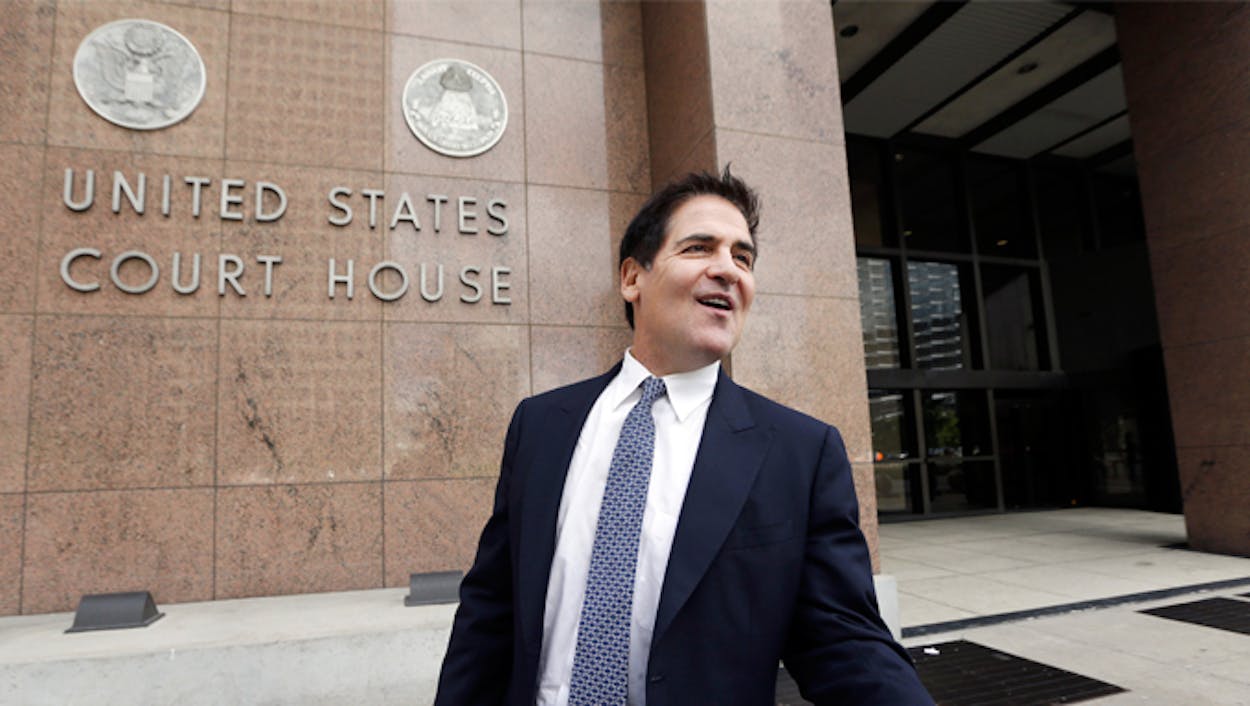The Democratic primaries aren’t officially over yet, even if—okay—they’re more or less over. Hillary Clinton leads Bernie Sanders in total votes, pledged delegates, declared superdelegates, and in the polls in California and New Jersey—the largest states left to vote—by 25-30 points, according to the polling gurus at FiveThirtyEight. Anything can technically happen, but at this point, only the most diehard members of the “Bernie Or Bust!” crowd would consider it premature to look ahead to a general election between Clinton and Donald Trump.
As Clinton’s victory has become more assured, the speculation among Democrats has naturally turned to the next question: Who’s she going to tap as her running mate?
We’ve speculated in the past—as have many others—that Julián Castro, the current Secretary of Housing and Urban Development and former mayor of San Antonio, is the leading candidate for the job. Oddsmakers agree. A Clinton-Castro ticket makes a lot of sense: because the actual responsibilities of the vice president are limited, candidates for the office are often chosen for their geographic and demographic differences from the person at the top of the ticket. If you’ve got an old, male senator from the Southwest at the top, he’ll take a young female governor from Alaska as his VP; if you’ve got a dull, older governor from the Northeast at the top, he might look to a young firebrand of a congressman; and if you have a 67-year-old white woman running for president, a 41-year-old Latino man from Texas seems like a good fit.
So Castro’s name has been in the news around Clinton for a while now. But we’ve been hearing it less lately. In April, the New York Times reported a shortlist of names under discussion—Tim Kaine, Mark Warner, Sherrod Brown, Deval Patrick, and Thomas E. Perez—that was notable, in part, because Castro wasn’t on it. Reports like that are notoriously difficult to put a whole lot of stock in, of course—the report cited “campaign advisors” and “a dozen Democrats close to the campaign or the Clintons”—but it seems weird for any veep speculation to exclude Castro. After delivering an inspiring speech at the 2012 Democratic National Convention, Castro was cast as an almost Obama-like figure in the party, the next young face of Democrats.
His tenure at HUD has been largely quiet, though, and Castro spent much of the weeks following the Times report defending himself from attacks on his left for failing to be progressive enough in that role. Activists have criticized Castro’s department for the way it’s handled the Distressed Asset Stabilization Program, which critics claim resulted in distressed mortgages being sold to the same Wall Street firms that brought about the housing crisis in 2007—and finally, after all of the talk, Castro told CNN two weeks ago that a Clinton-Castro 2016 campaign is “not going to happen.”
Castro, who endorsed Clinton last year, was asked by CNN’s Brooke Baldwin if he would accept a spot on Clinton’s presidential ticket and replied, “That’s not going to happen.”
When asked if he had been vetted, or contacted by the Clinton campaign, he said, “I am not … I haven’t heard from anyone.”
But whether or not Castro’s chances have changed, the perception that there’s a big “TBD” underneath Clinton’s name on bumper stickers has spurred some interesting theories about who Clinton will pick. One of those is Mark Cuban.
Cuban is a weird figure. (Just look at any of the free-agent signings the Mavs have made!) He told Chuck Todd on Meet The Press this past weekend that he would “absolutely” be interested in serving as Clinton’s vice president. That’s a little strange, considering that during this campaign cycle he has expressed similar interest in joining Donald Trump’s ticket. We’ll try to avoid reading too much into his interest here—but it would make a certain amount of sense, from a horse-race perspective.
Clinton told Todd that she “appreciate[d] his openness” to the job, and that she intended to “look widely and broadly.” That’s, er, probably a polite way to say “Thanks, but no thanks” to Cuban, but still—if you’re running against a reality show billionaire with a propensity for firing off at the mouth, and there just so happens to be another reality show billionaire with a propensity for firing off at the mouth available to join your ticket, you have to give that at least five minutes’ worth of thought.
Cuban’s politics are all over the map. He’s a professed fan of right-wing thinker Ayn Rand, who hated taxes and spoke of society in terms of makers and parasites, but he also boasts about the patriotism inherent in paying “lots of taxes.” He urged a Bloomberg 2008 run, then voted for Obama. He’s praised Obamacare, and argued against equal pay legislation. His interest in serving with Clinton came with the caveat that she’d have to “go more to the center,” and his interest in serving with Trump came on the condition that “he listen to me on everything I said.”
With all of that in mind, he’d be a downright bizarre choice for a Clinton ticket—which is probably why there’s not a bookie around who will take odds on a Clinton-Cuban ticket. But one thing that’s clear as the VP becomes the next major question facing the Clinton campaign is that Julián Castro is no longer inevitable, and the process of reading the rest of the tea leaves is interminable enough that Mark Cuban can hijack it for a few days. And if he enjoys the attention, who knows? Maybe he’ll be at the top of a ticket himself in 2020, or 2024.








